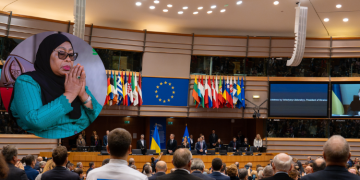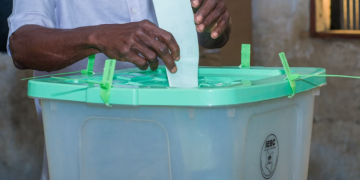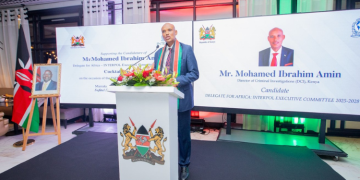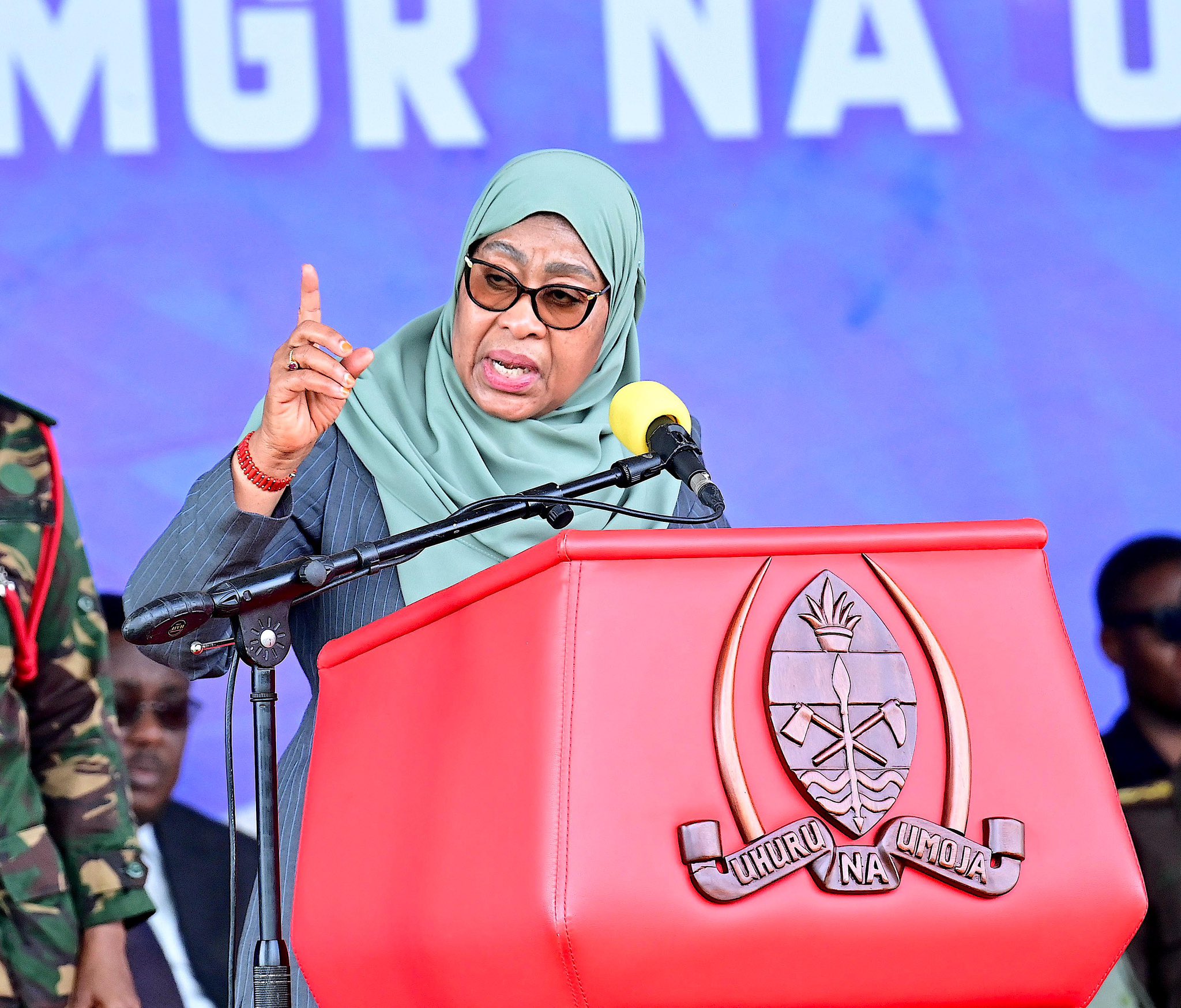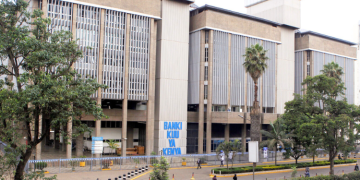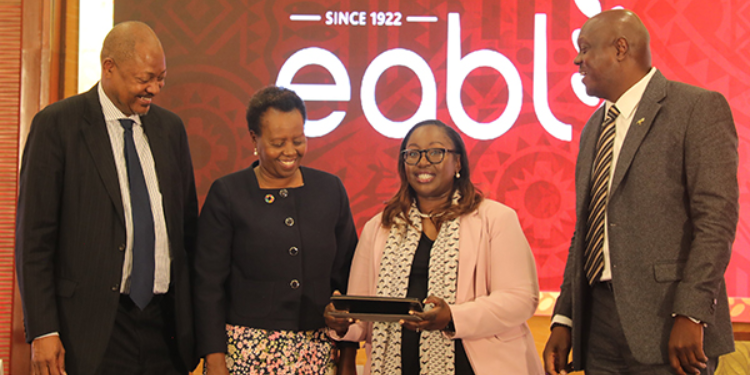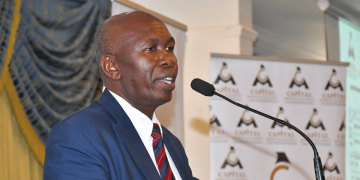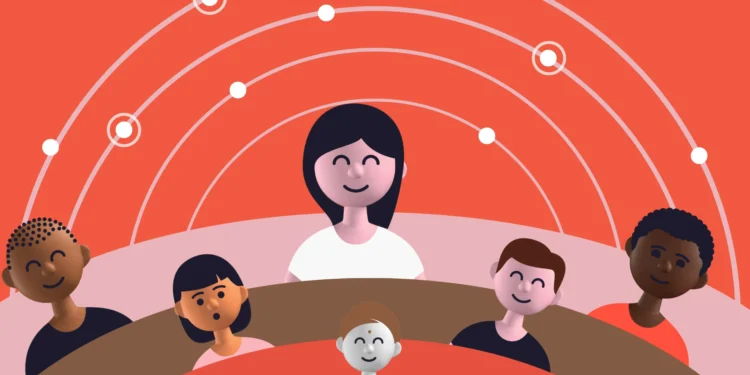Did you know that over 60% of parents in Kenya lack the requisite knowledge to guide their children on online safety? This is as depicted by a 2023 Safety for Children and their Rights Online (SCROL) study conducted by Terre des Hommes Netherlands in Kenya. The study also revealed a concerning gap in knowledge, attitudes, and practices (KAP) regarding online child sexual exploitation, with both parents and children scoring below 60%. This significant lack of awareness puts children at serious risk of being exploited online. If we want to prevent online child sexual exploitation, we have to begin at home, according to Magdalene Wanza, Country Director of Terre des Hommes Netherlands in Kenya.
The internet continues to be a vital part of children’s lives. It provides them with opportunities to learn, connect, and explore.
However, it also exposes them to significant dangers such as online child sexual exploitation.
Parents, being the first line of protection, have a crucial role in ensuring their children’s safety online. The initiative to prevent online child sexual exploitation should begin at home.
The harm caused by online child sexual exploitation is not just immediate but can also last a lifetime. Children who experience exploitation may develop anxiety, depression, low self-esteem, and trust issues, which can persist into adulthood.

Also Read: DCI warns parents of sexual predators luring teenage girls through social media
Talking about it, is for some not an option: Many suffer from feelings of guilt, shame, or fear, which can isolate them from their peers and families. Eventually, their physical, psychological, and emotional well-being ends up being harmed.
How to promote Safe Online Spaces
The first step in combating online child sexual exploitation is education and awareness creation.
Parents need to educate themselves about the online world. This includes understanding the platforms their children use, the potential risks associated with them, and the signs of exploitation.
Equally important is fostering open communication. Avoid victim blaming. Parents should ensure that children feel safe discussing and sharing their online experiences.
They should have regular conversations about internet safety, the importance of privacy, and the potential dangers lurking online.
They should encourage children to speak up if they encounter anything that makes them uncomfortable online.
Read warning signs
Additionally, parents must learn to identify warning signs of online child sexual exploitation.
These can include sudden secrecy about online activities, too much engagement online, avoiding discussions about certain “friends” or contacts, receiving unexplained gifts or money, or noticeable changes in moods such as sadness, worry, or anger.
Other tell-tale signs may include reluctance to use devices in front of others or becoming defensive when asked about their online interactions.
Early recognition of these signs can help parents take proactive steps to protect their children and facilitate timely intervention.
Also Read: How AI-Powered Learning Could Transform Education Sector & Expert
In addition to recognising these signs, parents should set up parental controls, guide, monitor online activities, and be aware of the friends and contacts their children interact with online. This must be done carefully while respecting the rights to privacy of the children and based on each child’s evolving capabilities.
Report cases of exploitation
In cases where online sexual exploitation is suspected, it is important for parents to act quickly. They can report the cases via 116, a toll-free helpline that connects them with professionals who can provide guidance and emotional support.
Additionally, they can report directly to the police at their nearest station, Fichua kwa DCI hotline number 0800 722 203 or anonymously to the Internet Watch Foundation (IWF) at report.iwf.org.uk to have abusive content removed from the internet.
Preventing online child sexual exploitation should begin at home. As we commemorate Safer Internet Day, it is crucial to remember that the responsibility of making the internet a safer place for children starts with parents. By teaching your children about online safety, setting up parental controls, monitoring online activities, and keeping communication open, you, as a parent, can make the internet safer for them.
Article written by Magdalene Wanza, Country Director, Kenya, Terre des Hommes Netherlands and Martha Sunda, Executive Director, Childline Kenya.
Follow our WhatsApp Channel and join our WhatsApp Group for real-time news updates.

